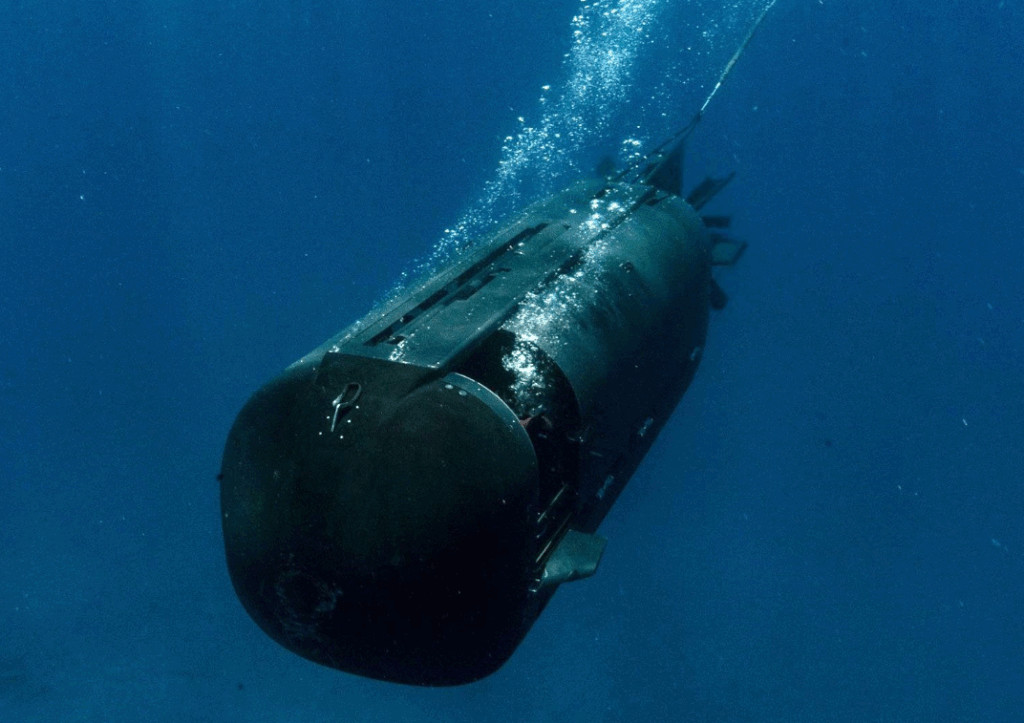SEALs In North Korea

In 2019, a US SEAL team went into North Korea and screwed up their assignment. (gift link) Farley laid out the basics earlier today. I’ll consider the risk profile of the mission and then why this story is surfacing now.
The more actions that must succeed, the riskier the operation. This operation, as the article notes, had several critical actions. The risk was increased by the difficulty of obtaining information about the landing area in highly secretive, closed North Korea. The article highlights points at which errors or accidents increased the risk of failure. Those accidents probably made the team edgy by the time they started shooting.
SEAL special operations personnel have been willing to propose particularly risky operations. The civilian side of the Department of Defense and others in the line of approval for the operation should have been a check on that. The article places the operation in “early 2019,” when most likely Patrick Shanahan was the Acting Secretary of Defense. John Bolton was the National Security Advisor and would have been in the decision chain. Trump kept members of Congress out of the decision chain, a potential check on overreach not employed.
Of course, Trump would have loved anything that sounds as exciting as this. He probably had people arrayed in the situation room to replicate the photo of Obama and his people watching the raid on bin Laden.
Why is this story emerging now?
Reporting on this story must have begun weeks or even months ago.
This account is based on interviews with two dozen people, including civilian government officials, members of the first Trump administration and current and former military personnel with knowledge of the mission. All of them spoke on the condition of anonymity because of the mission’s classified status.
Several of those people said they were discussing details about the mission because they were concerned that Special Operations failures are often hidden by government secrecy. If the public and policymakers become aware only of high-profile successes, such as the raid that killed bin Laden in Pakistan, they may underestimate the extreme risks that American forces undertake.
Trump has no sense of what it takes to make one of his hamburgers, much less what goes into a mission like this. What he does have a sense of is the glory he wants to acquire by announcing a successful military mission. His Secretary of Defense, Pete Hegseth, does know how to do a push-up, but is almost as ignorant as Trump about a mission like this. That second quoted paragraph implies that the people speaking about the operation understand Trump’s and Hegseth’s limitations and want to help their buddies in the service avoid being asked to do the impossible.
A few weeks to months ago is when Trump’s buildup off the coast of Venezuela began. If he is planning a war, special operations are likely to precede open warfare. If he is planning to aid a coup, there will be more special operations. This may be part of the leakers’ concern.
It is possible they were concerned about the justification for killing civilians.
The aborted SEAL mission prompted a series of military reviews during Mr. Trump’s first term. They found that the killing of civilians was justified under the rules of engagement, and that the mission was undone by a collision of unfortunate occurrences that could not have been foreseen or avoided. The findings were classified.
That finding might be limited by “under the rules of engagement,” but the Trump administration has never been big on nuance. This week’s attack on the boat in the Caribbean emphasizes that.
Information about the North Korean operation would be highly classified. Divulging it could lead to legal penalties, so the leakers must feel strongly to take that chance. They may be concerned about Trump’s desire to feature warlike and lethal actions. Both he and Hegseth have been happy to celebrate the perpetrators of war crimes, and their rhetoric has urged pushing the boundaries of legality, as in today’s declaration of the Department of War.
The destruction of the boat in the Caribbean is one more indication of the lawlessness of the administration, but, in itself, it’s not the reason people came forward. It’s one more in a likely chain of reasons.
